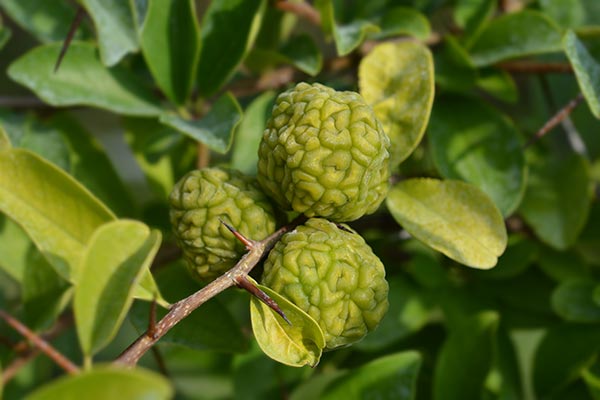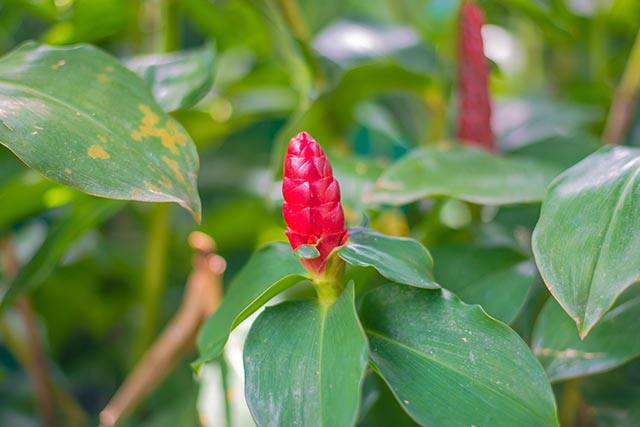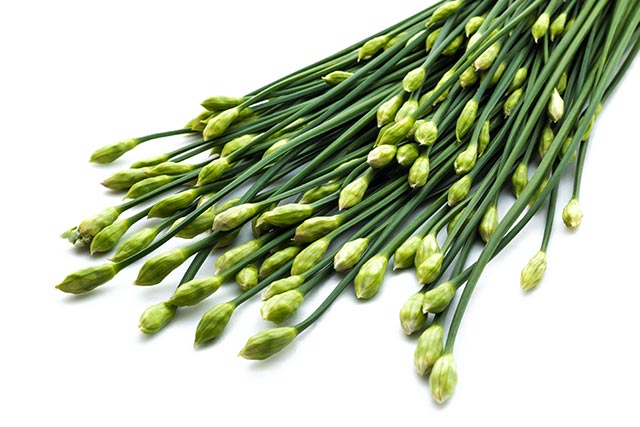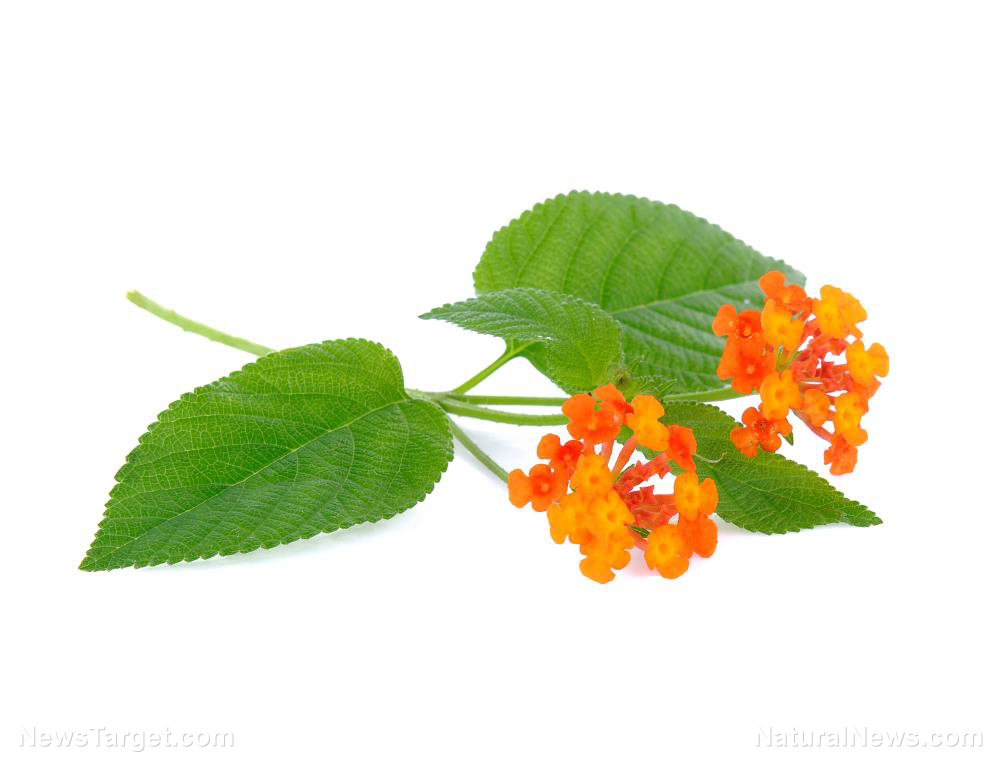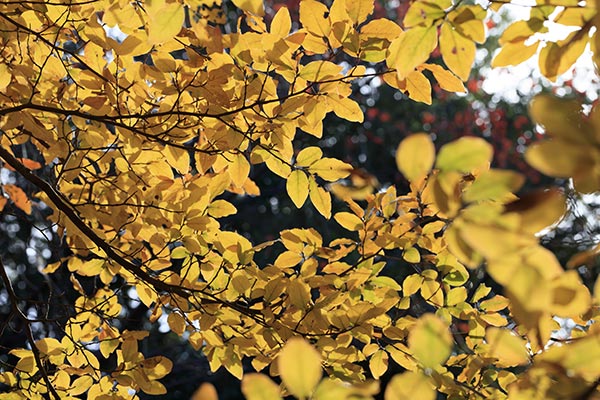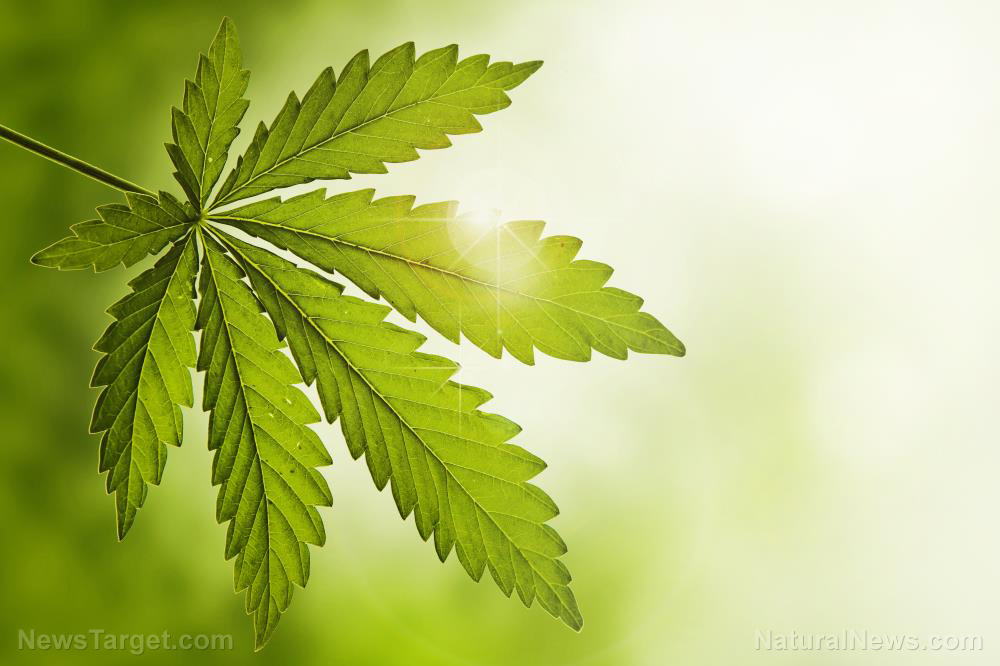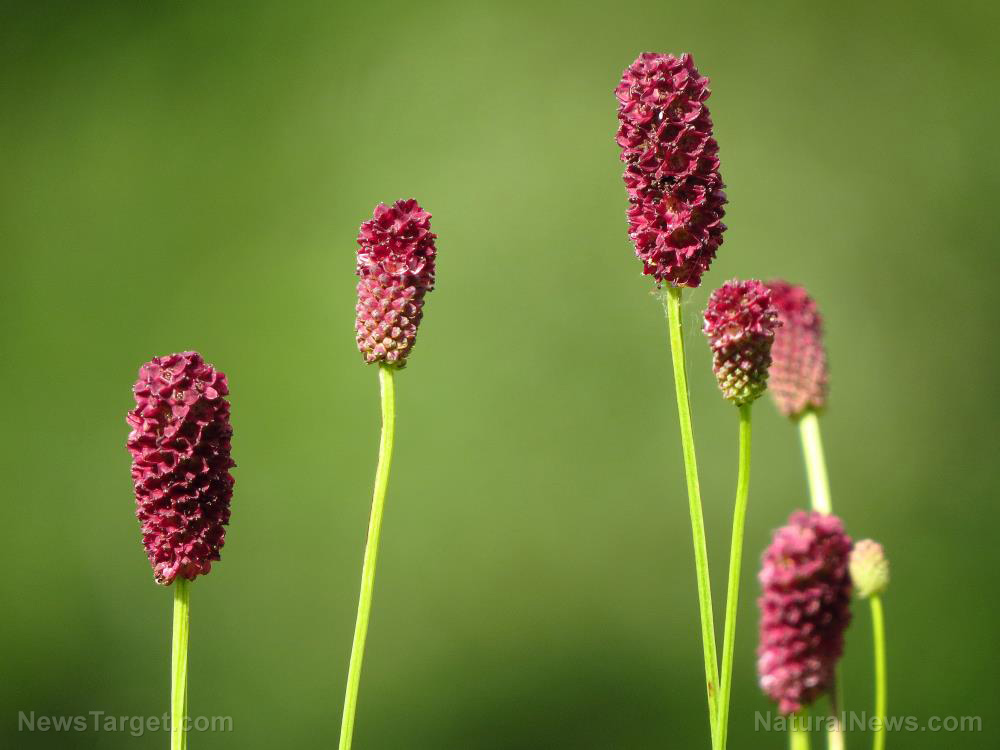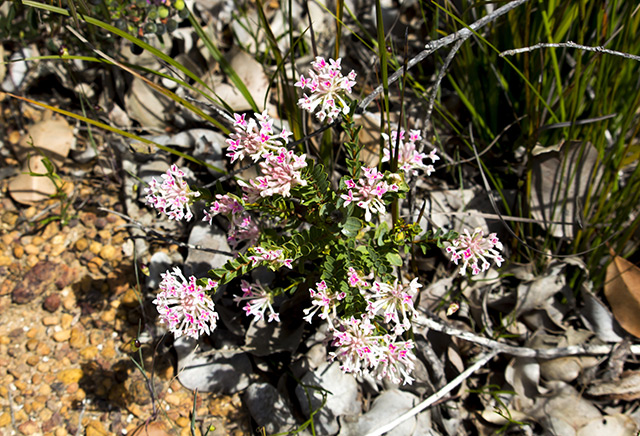Learn how moringa, just like hemp, is a miracle healing plant – Watch at Brighteon.com
11/12/2018 / By Ethan Huff
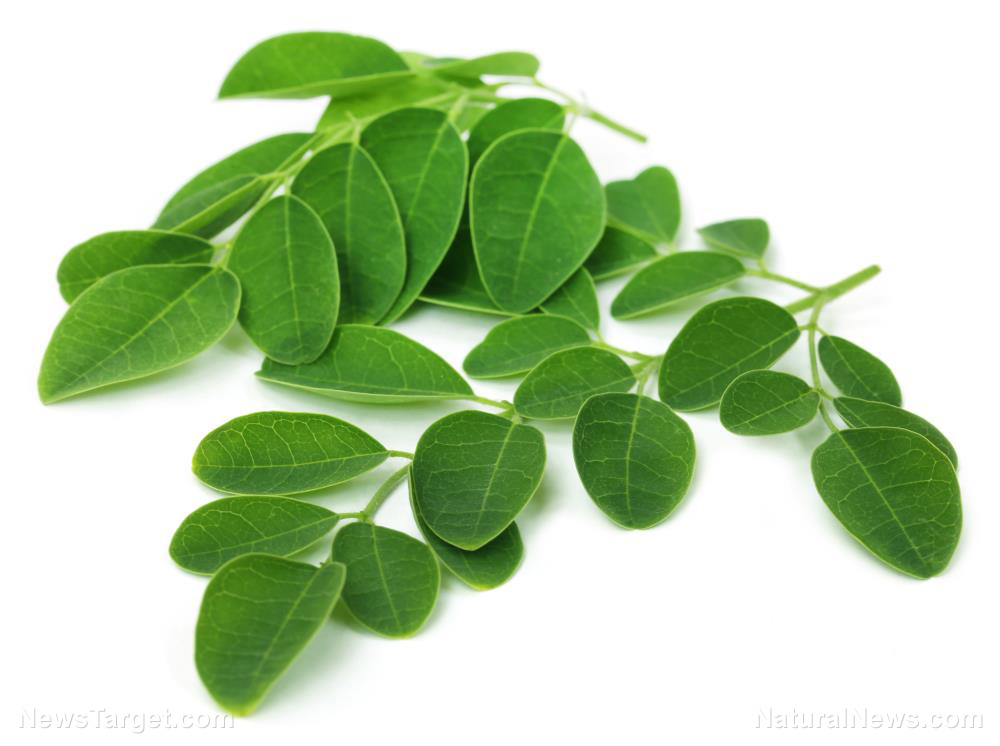
Some would argue that hemp, a derivative of the cannabis (marijuana) plant, is the most useful and versatile plant in the world, providing nourishment, utility, and regenerative benefits in every part of its unique structure. Well, there’s actually another contender for this title that’s a little lesser known: a miracle tree called moringa.
During a recent episode of Lovena Brown’s “Caribbean Gateway” program, available for viewing at Brighteon.com, host Lovena speaks to a woman named Anna who’s an expert in all things moringa. Anna explains why moringa is rightfully known throughout the world as the “plant of decades,” or even the “plant of centuries,” because of its amazing healing benefits.
“To find moringa, which I did in 2009, and realized what it was in 2010, was a miracle,” Anna says, noting that, as an aging woman, she had been searching for an all-in-one plant food that provided maximum health benefits, for which moringa fit the bill to a T.
“Moringa is a tree. And every part of the tree … can be used for food, except the bark which is used for dying and for making bags and other substances,” Anna explains.
“So that in itself is a miracle because you’ve got the root, you’ve got the leaf, the leaf then goes to blossom, which goes to pods, which goes to seeds, and then the seeds go to oil. And every single stage can be used internally and externally from this tree. So nothing of it goes to waste,” she adds.
Be sure to watch the full segment below:
Just like with hemp, it’s impossible to “overdose” on moringa
While moringa is commonly sold in Western health food stores as a “dietary supplement,” it’s really just a food. Down in the Caribbean where it grows wild, for instance, moringa leaves can be picked right off moringa trees and eaten as a salad – a practice that was common before Western influence came in and changed everything.
“This, being a food, will behave like a food,” says Anna about moringa.
“The only difference is you can’t overdose on it. And whoever you are, whatever your condition is, if you’re using it, it will adapt to your personal needs, as opposed to, I can’t take more than a teaspoon because … You can’t overdose and there are no side effects.”
The adaptogenic properties of moringa make it an excellent functional food for anyone trying to optimize his or her health. Whatever ails you, moringa can help, in other words – this being one of the many beautiful things about natural plants that set them apart from pharmaceuticals and other medicinal impostors.
“If you have high sugar, it will normalize it for you,” adds Anna about moringa.
“If your (blood) pressure is too high, it will normalize. If you are not eating properly, it will give you the nutrients that you need because it’s got over 46 different nutrients, it’s got all the amino acids that you need which repair your body, it’s got protein which no other vegetables has … normally protein comes from meat or nut source. It’s got antioxidants, it’s got anti-bacterial qualities … it’s got everything that you need on a plate.”
Even better is the fact that moringa trees are hardy, grow easily without much effort, and last a lifetime. This is why moringa trees are actually referred to as “never die” trees throughout many tropical countries.
“In sandy soil, it seems to grow faster and thrives better,” explains Anna. “But it does not die. You cannot kill it, even if you chop it down.”
Be sure to watch the entire interview with Anna the moringa expert at Brighteon.com.
You can also learn more about moringa by visiting Moringa.news.
Sources for this article include:
Tagged Under: benefits, cannabis, Caribbean, Caribbean Gateway, functional foods, healing plant, hemp, Herbs, Leaves, Lovena Brown, marijuana, miracle tree, moringa, natural medicine, natural remedies, Nourishment, nutrition, plant medicine
RECENT NEWS & ARTICLES
Herbs.News is a fact-based public education website published by Herbs News Features, LLC.
All content copyright © 2018 by Herbs News Features, LLC.
Contact Us with Tips or Corrections
All trademarks, registered trademarks and servicemarks mentioned on this site are the property of their respective owners.


